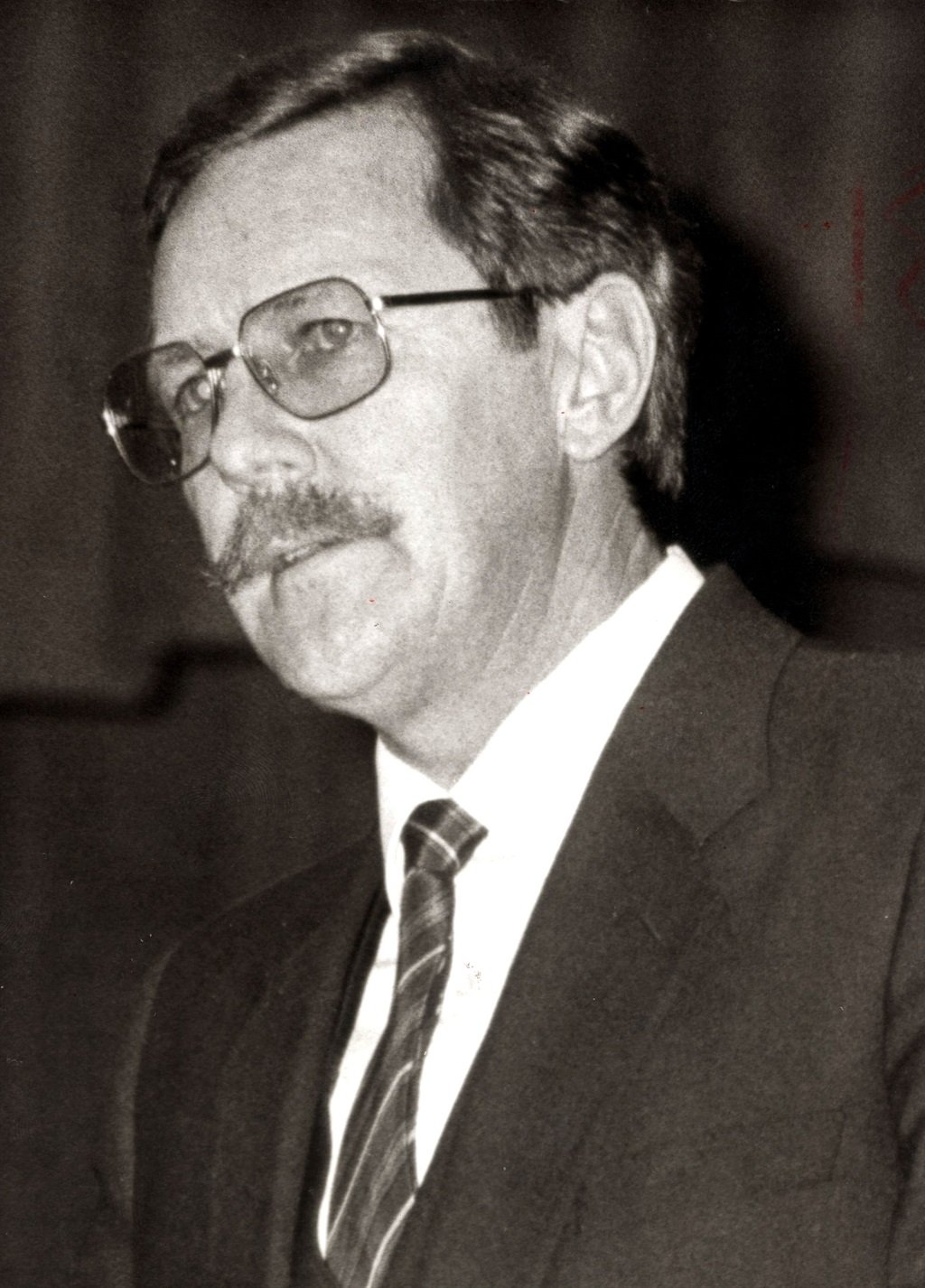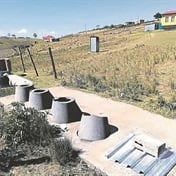
It is not difficult to fathom why Clive Derby-Lewis was hated so much – right up till he died yesterday.
The right-winger, who gained international fame as one of the killers of liberation icon Chris Hani in 1993, was an out-and-out racist who hated blacks with a passion.
He believed in the superiority of whites and was convinced that blacks could not rise above a certain level of intellect. He also wished that black numbers on Earth should be limited, even going as far saying in Parliament that “if Aids stops the black population’s growth it will be like Father Christmas”.
The Catholic school-educated Derby-Lewis was so deeply committed to apartheid that he abandoned his church for the NG Kerk, which at that time was the spiritual custodian of the racist policy.
At the height of the reign of PW Botha, the last of the hard-right Nats, Derby-Lewis and extreme right-wingers like Andries Treunicht become appalled by the National Party’s moderation of apartheid.
Some time in 1982 – in protest against the minutes of Botha’s reforms – they broke away from the party of apartheid to form the Conservative Party.
Being of German, Afrikaans and Scottish origins, his party thought the third leg would make him their ambassador to English-speaking South Africans. But his racism was just way too toxic.
In Parliament he let rip his racism from the podium vile racist comments that even shocked his party colleagues. Senior CP member Andries Beyers once described him as “an embarrassment”.
“I think sometimes he became an embarrassment to us. He was very, very hardline. He had a calling to bring English speakers to the CP, but his personal style put them off,” Beyers said.
After FW de Klerk ousted Botha in 1989 and proceeded to chart a more radical change path for the Nats, the likes of Derby-Lewis saw red. This rabid anti-communist saw the unbanning of the ANC, its allies and other liberation movements as the beginning of the end.
To make matters worse, Reservation of Separate Amenities and Group Areas legislations were being scrapped. This meant white people would have to swim with black folks and share classrooms with the lesser species.
The fact that whites voted “yes” for reform in the 1992 referendum incensed right-wingers like him. They began plotting ways to resist change and block the path to a new South Africa. They formed militias and spoke boldly about revolution and guerrilla warfare.
The contribution of Derby-Lewis, his wife Gaye and Polish immigrant Janusz Walus was to plot the murder of South African Communist Party leader Chris Hani.
The assassination of the super-popular Hani, they surmised, would spark black-on-white civil war and derail the constitutional negotiations.
On April 10 1993 they pumped bullets into Hani in his driveway on the East Rand, ending the life of one of South Africa’s most illustrious sons. Their act did spark the turmoil they expected but did not lead to the result they wanted.
Instead the turmoil led to De Klerk handing over the political running of the country to Nelson Mandela and letting him guide the process towards democracy.
It also spurred the constitutional negotiators in Kempton Park to conclude the tough talks.
By their act, Derby-Lewis and his fellow ravellers effectively sped up the transfer of power to blacks and the installation of the black man as president that the right wing so love to hate.
Having been sentenced to death, the male Derby-Lewis and Walus were to have their sentences commuted to life in terms of a progressive Constitution their enemies had crafted.
At the Truth and Reconciliation Commission he showed little in the way of remorse, perhaps believing that white rule would return.
He would tell the TRC that he participated in the killing of Hani because “as a Christian my first duty is to the Almighty God before everything else”.
“We were fighting against communism, and communism is the vehicle of the Antichrist,” he said in justifying the assassination.
No wonder there was little sympathy as his parole applications were denied, even as his health deteriorated.
To the day he died there were many who did not buy the story that he and his co-accused had worked alone and were not part of a broader conspiracy.
“We do not celebrate death. But it is unfortunate that he died without telling us the whole truth,” SACP deputy general secretary Solly Mapaila was quoted as saying.
“We do not know the people who colluded with him, and who wanted to send this country into a civil war. We‚ however‚ send condolences to his family,” he added.
Mapaila was being polite. The overwhelming feeling around the land was one of celebration that he had died a prolonged, painful death as stage 4 cancer took its toll.
The hatred that he had spewed in his active years was being returned by those he believed were not worthy to be human.




 Publications
Publications
 Partners
Partners








